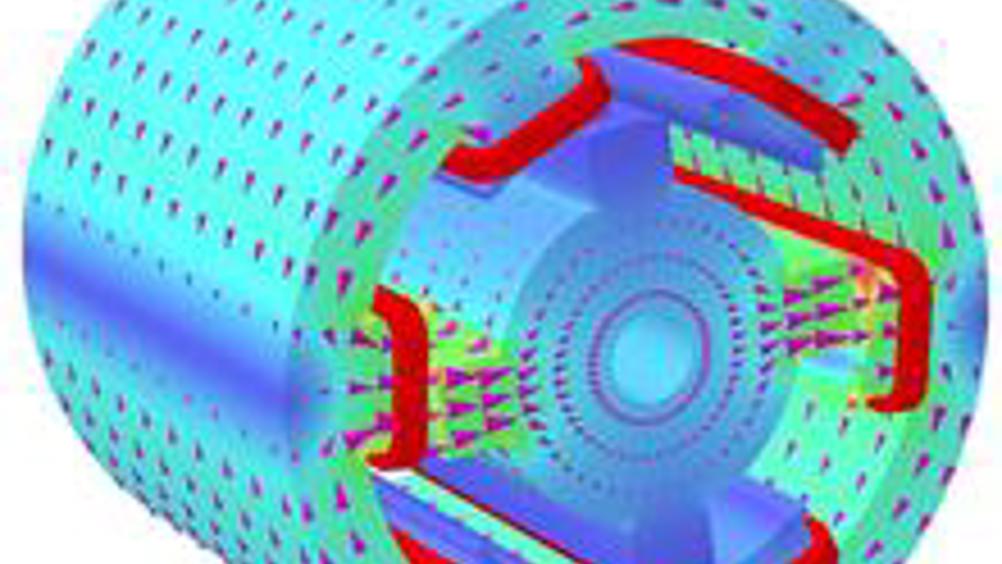Researchers seek to design next-generation EV motors
A new collaborative research project is aiming to design the next generation of motors for electric vehicles (EVs).

Project lead Cobham Technical Services, working alongside Jaguar Land Rover (JLR) and Ricardo, hopes to eliminate the use of expensive magnetic materials in high-efficiency, lightweight traction motors.
‘Although electric machines have been around for a very long time, we are very much at the early stages of development of electrified powertrain systems and there is clearly a long way to go in terms of the optimisation of different architectures,’ Anthony Smith of Ricardo told The Engineer.
‘Key challenges include reducing the cost and effectiveness of energy storage [especially of batteries] and reducing the volume of rare-earth metals required in motors. This project addresses the latter imperative.’
The team will focus on the development of a powertrain based on switched reluctance motors. The key advantage of this type of motor is that neither the rotor nor the stator (stationary part) requires the use of permanent magnetic components — that is, materials that create their own persistent magnetic field (generally rare-earth metals).
Register now to continue reading
Thanks for visiting The Engineer. You’ve now reached your monthly limit of news stories. Register for free to unlock unlimited access to all of our news coverage, as well as premium content including opinion, in-depth features and special reports.
Benefits of registering
-
In-depth insights and coverage of key emerging trends
-
Unrestricted access to special reports throughout the year
-
Daily technology news delivered straight to your inbox










Water Sector Talent Exodus Could Cripple The Sector
Maybe if things are essential for the running of a country and we want to pay a fair price we should be running these utilities on a not for profit...